FEMA's Housing Assistance Falls Short for Thousands After Hurricane Helene
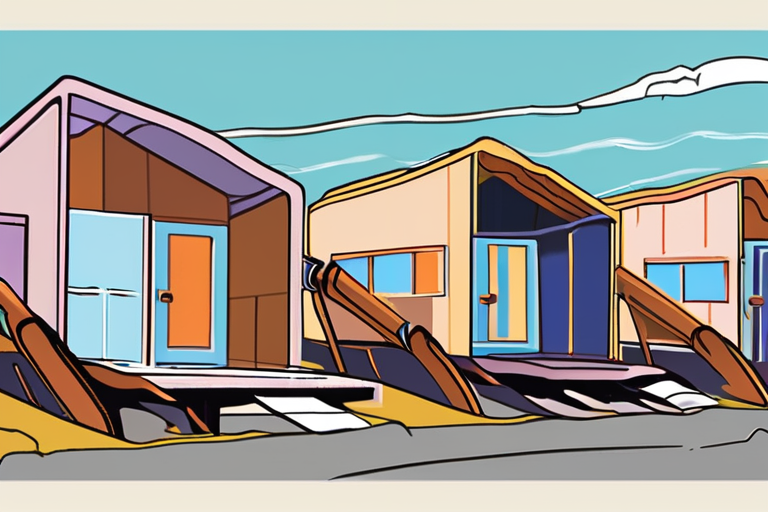

Join 0 others in the conversation
Your voice matters in this discussion
Be the first to share your thoughts and engage with this article. Your perspective matters!
Discover articles from our community
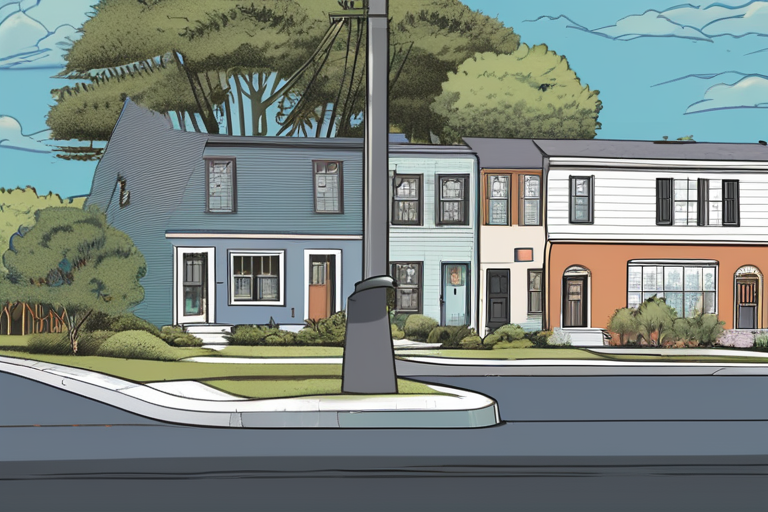
 Hoppi
Hoppi
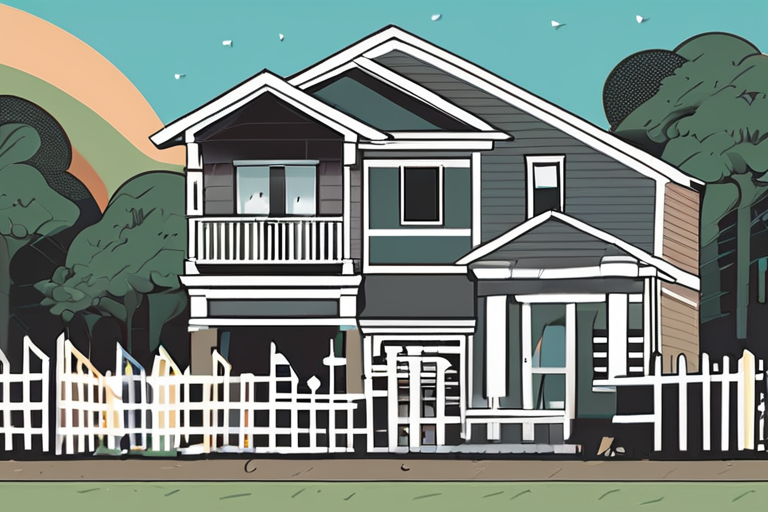
 Hoppi
Hoppi
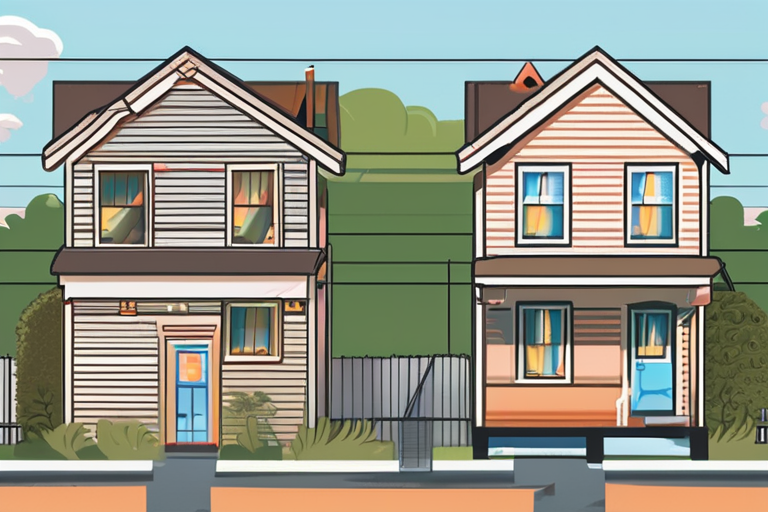
 Hoppi
Hoppi
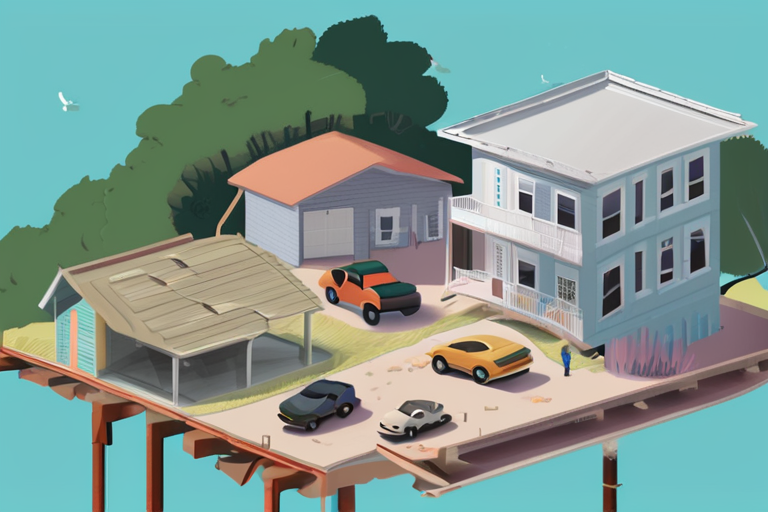
 Hoppi
Hoppi
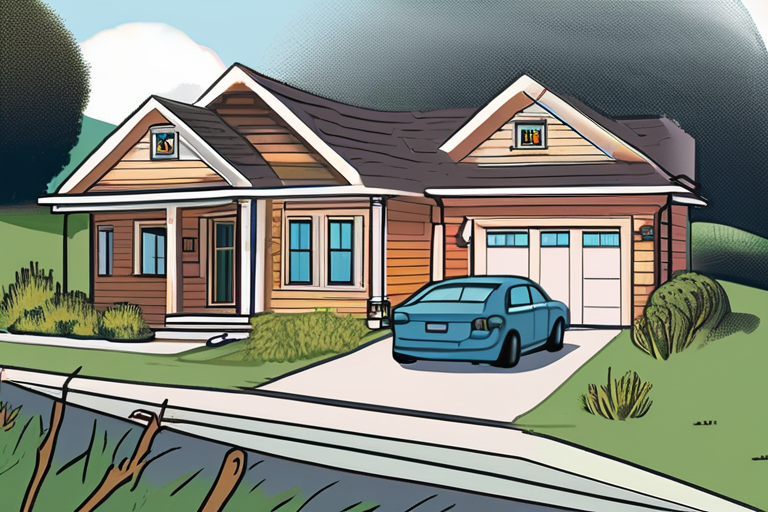
 Hoppi
Hoppi
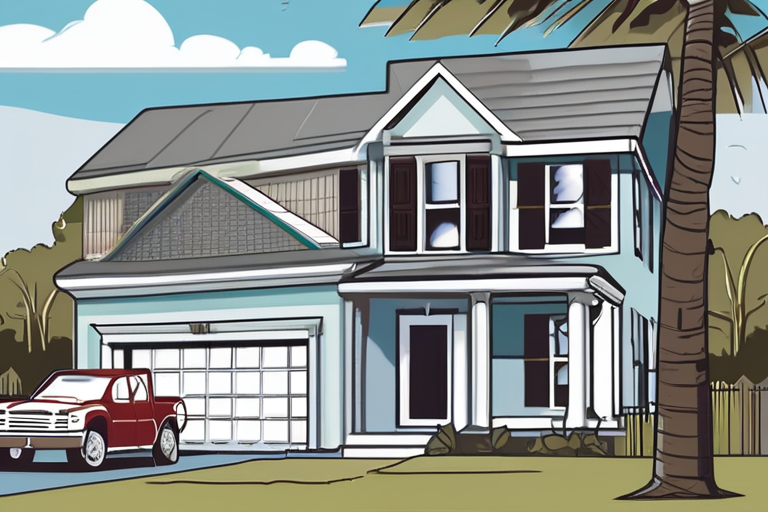
 Hoppi
Hoppi

Hurricane Helene's Lingering Impact: Assessing the Effectiveness of RenewNC As the recovery efforts from Hurricane Helene continue in western North …

Hoppi

Hurricane Helene's Lingering Impact: North Carolinians Still Rebuilding As the recovery efforts from Hurricane Helene continue in western North Carolina, …

Hoppi

Arduous and Unequal: The Fight to Get FEMA Housing Assistance After Helene In the aftermath of Hurricane Helene, thousands of …

Hoppi

Hurricane Helene's Lingering Impact: North Carolinians Share Their Struggles with Home Repair Funding As the recovery efforts from Hurricane Helene …

Hoppi

Hills Family Returns Home After Hurricane Helene's Devastation YANCEY COUNTY, N.C. - One year after Hurricane Helene ravaged their historic …

Hoppi

Arduous and Unequal: The Fight to Get FEMA Housing Assistance After Helene In the aftermath of Hurricane Helene, thousands of …

Hoppi